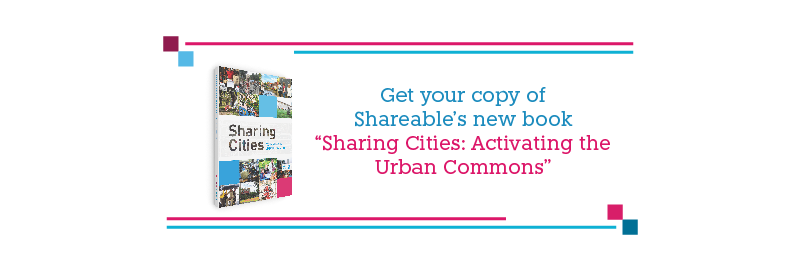This article was adapted from our latest book, "Sharing Cities: Activating the Urban Commons." Download your free pdf copy today.
The financial crisis of 2007-08 saw the substantial loss of full-time and living-wage jobs in many cities, including New York, with most newly created jobs being lowwage and part-time. In fiscal year 2015, the New York City Department of Small Business Services (SBS) launched the Worker Cooperative Business Development Initiative (WCBDI) as a way to reduce poverty and income inequality through support of worker-owned cooperatives.
The city council included funding in its $75 billion fiscal year 2015 budget to support the expansion of worker cooperatives throughout the city to help low-income New Yorkers become business owners. The council allocated $1.2 million in municipal investment through WCBDI across 10 partner organizations to support existing worker cooperatives, kick-start the creation of new worker cooperatives, and assist small businesses conversion to worker-owned models.
WCBDI has led to the creation of 21 new worker cooperatives, doubling their number in New York City, and has built the capacity of existing cooperatives through education, training, technical assistance, and funds. It is estimated that over 141 new worker-owner jobs have been created and over 900 entrepreneurs have received training in co-op development. This initial success encouraged the New York City Council to increase the initiative’s funding to $2.1 million for fiscal year 2016.
View the full policy here.
Learn more from:
- WCBDI's 2015 report on their first year of operation, including the major impacts
- Related change in New York’s administrative code to support the effort
- Report that influenced advocacy for worker cooperatives in New York City
- Speaker Mark-Viverito, Mayor de Blasio and City Council Announce FY 2016 Budget Agreement to Add More NYPD Officers to the Beat, Establish a Citywide Bail Fund and Create Year Round Youth Employment.
Header image by Colton Duke on Unsplash










